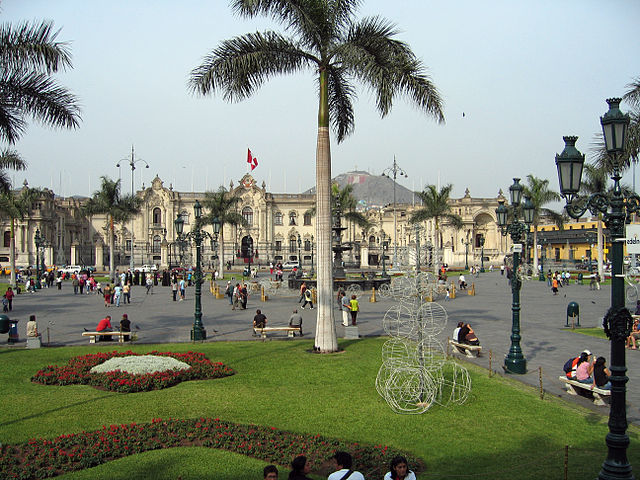July 11, 2023. In a joint report released by the Economic Commission for Latin America and the Caribbean (ECLAC) and the International Labour Organization (ILO), the latest analysis of the employment situation in Latin America and the Caribbean reveals that the region’s main labor indicators have returned to pre-pandemic levels. While this marks a positive milestone, the report highlights persistent gaps in gender equality, high informality, and challenges related to labor productivity and wages. Titled “Employment Situation in Latin America and the Caribbean (No. 28): Towards the creation of better jobs in the post-pandemic era,” the report provides insights into the labor market evolution during 2022 and outlines the path towards fostering sustainable and inclusive job creation in the region.
Recovery and Heterogeneous Progress
The report acknowledges that, three years after the onset of the COVID-19 crisis, key labor indicators have shown signs of recovery. Variables such as the labor participation rate, the unemployment rate, and the number of employed persons have largely regained their pre-pandemic levels. However, the pace of employment growth in 2022 was slower than in the previous year, highlighting the need for sustained efforts to bolster job creation. Moreover, the recovery has been uneven across the region, with some countries still striving to reach their pre-pandemic indicators. Notably, the report reveals that the labor market recovery has been relatively stronger for women and young people compared to men and adults, respectively.
Gender and Age Gaps Persist
Despite overall improvements, the report underscores significant gender and age gaps in labor market participation and unemployment rates. While progress has been made, it emphasizes that substantial challenges remain. Informal employment remains prevalent, contributing to precarious working conditions and limited access to social protection. Moreover, the stagnation of real average wages in 2022, in contrast to the previous year’s increase, indicates the impact of higher inflation on workers’ purchasing power. These findings reinforce the urgent need for targeted policies to address gender disparities and improve opportunities for vulnerable groups.
Structural Issues and Outlook
The report warns that the return of labor market indicators to pre-pandemic levels does not fully address the structural problems ingrained in the region’s labor markets. High levels of informal employment persist, posing challenges to economic stability and workers’ rights. Furthermore, while wages and productivity have recovered to their pre-pandemic trends, the report highlights the risk of stagnation without proactive measures. Looking ahead, ECLAC projects modest regional economic growth of 1.2% for 2023, which may dampen job creation prospects compared to the robust growth experienced in 2022.
Policy Recommendations for Inclusive Recovery
To tackle the persisting challenges and foster a more inclusive and sustainable recovery, ECLAC and the ILO emphasize the importance of active labor policies. These policies should prioritize job creation, formalization of employment, and the integration of women and young people into the labor market. The report calls for a broadening and better coordination of labor policy instruments to mitigate employment contractions and promote resilient job growth. Additionally, it advocates for a focus on economic reactivation by nurturing dynamic sectors that drive economic growth and employment opportunities.
Conclusion
While the return of Latin America and the Caribbean’s main labor indicators to pre-pandemic levels is a positive development, the joint report by ECLAC and the ILO highlights the need for sustained efforts to address persisting challenges. Gender disparities, high informality, wage stagnation, and productivity constraints require targeted labor policies to achieve inclusive and sustainable recovery. By promoting job creation, formalization, and greater inclusion of women and young people, the region can build more resilient labor markets that contribute to equitable economic growth. As countries navigate the post-pandemic era, it is crucial to prioritize comprehensive and coordinated labor policies that foster a brighter future for workers across the region.










